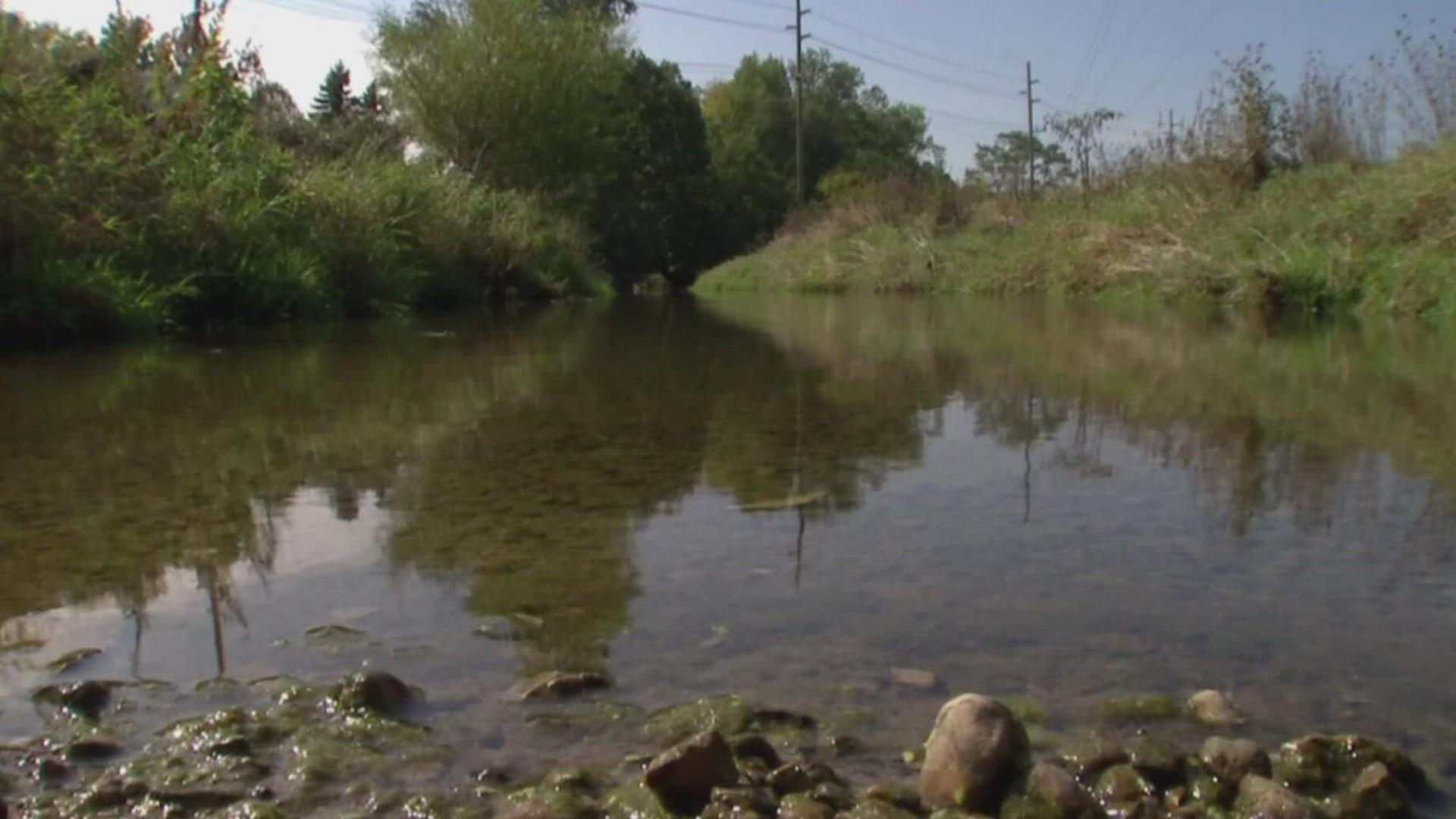FRANKLIN, Ind. — Franklin residents got an update Wednesday on the Environmental Protection Agency's efforts to clean up a contamination site in their city.
The cleanup involves issues like cancer-causing toxins stemming from a former plant that 13 Investigates has reported on for years.
"I try and treat today like it's my gift," said Kim Clark.
It's a gift she doesn't take for granted after losing her share of friends and neighbors to cancer over the years.
"I had a friend that lived across the street, he ended up dying of cancer. The little girl who lived directly across the street, unfortunately, so sadly, she died of cancer," Clark recalled.
She wasn't the only one experiencing such loss in Franklin. In the past decade, 13 Investigates looked into the number of cancer cases in Franklin and the concern from residents that those cases could be linked to contaminants from Franklin's former Amphenol plant.
"I've lived in Franklin for 21 years and a few times, I've lived fairly close to the area," Clark said.
The chemicals from the plant were never directly linked to any of the cancer cases or deaths, but EPA testing showed some of those chemicals had moved outside the plant's fence line and contaminated nearby neighborhoods, with vapors from the contamination seeping into the soil and ground water.
In 2018, 37 homes were tested, of those, seven required mitigation systems to help with the vapor levels. Then in 2019, the EPA confirmed the potential for vapor intrusion into more homes, the soil, sewer lines and the city's main drain sewer.
Two years ago, the EPA announced plans for a community wide clean up at several contaminated sites. That plan involved putting up walls - not the kind you can see, but ones created by injecting a special material into the ground.
"When we have groundwater pass through that material, it's broken down from the original containment into harmless compounds," explained EPA's Valerie Voisin.
Wednesday, the EPA told residents like Clark they'll be testing groundwater in Franklin over the next several years to make sure the barriers are working.
"I think it's really important to be transparent in the community and explain," Clark said.
For her, those kinds of explanations matter when she's trying to feel safe in the place she raised her family and still calls home.

